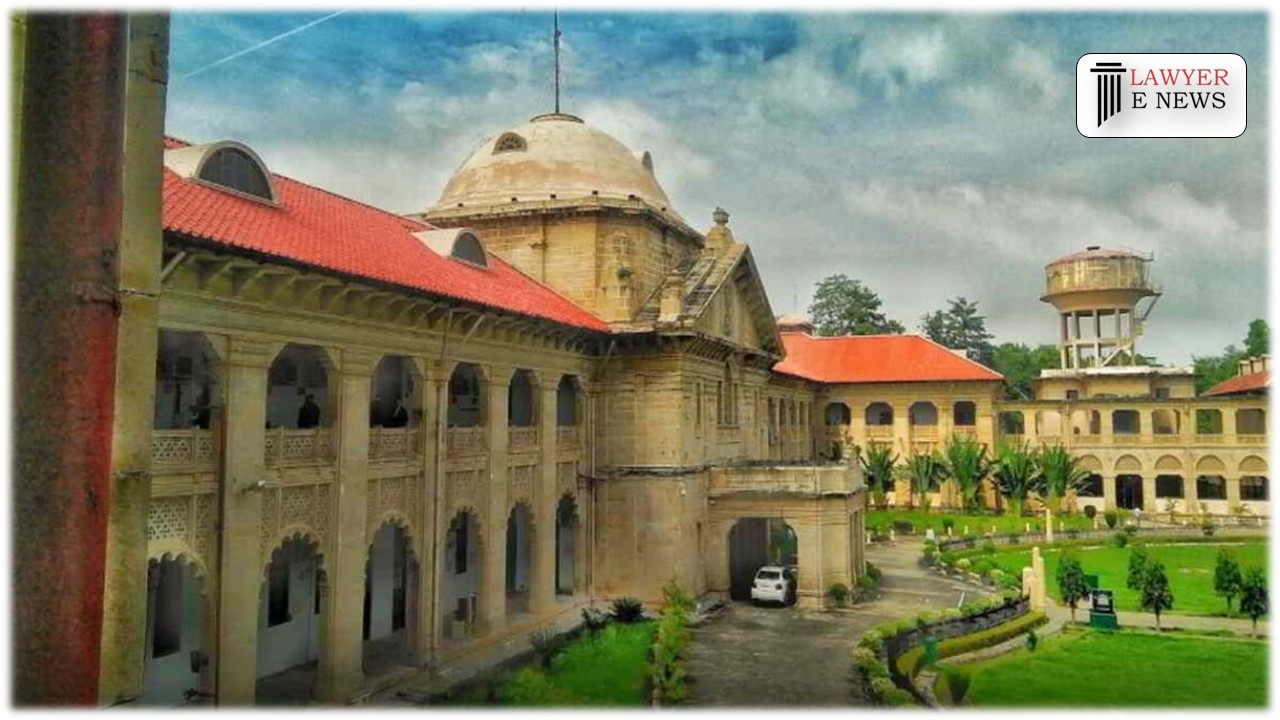-
by Admin
16 February 2026 5:45 AM



In a significant judgment emphasizing the principles of reformative justice, the Allahabad High Court's Lucknow Bench has modified the sentence of three appellants in a two-decade-old assault case. Justice Shamim Ahmed, presiding over the matter, underscored the essence of the Probation of Offenders Act, 1958, stating, "The object of criminal law is more to reform the individual offender than to punish him."
The case, which dates back to the year 2000, involved a property dispute leading to a physical assault. The appellants, Rajendra Yadav and others, were convicted under Section 323/34 of the Indian Penal Code (I.P.C.) by the trial court and sentenced to one year of imprisonment. Challenging this decision, the appellants moved the High Court under Section 374 of the Criminal Procedure Code (Cr.P.C.).
In a noteworthy observation, Justice Ahmed referred to the rulings of the Supreme Court in cases like Mohd. Hashim Vs. State of U.P. and Ratan Lal vs State of Punjab. The court noted, "The Act is a milestone in the progress of the modern liberal trend of reform in the field of penology." This reflects a shift towards understanding the circumstances and character of the offender rather than solely focusing on the punitive aspects of the law.
The defense argued for the application of probation, citing the delay in the trial and the absence of any further criminal antecedents against the appellants. The court, acknowledging these factors and the age of the case, decided to extend the benefits of the Probation of Offenders Act. The appellants are directed to file two sureties each along with their personal bonds and an undertaking to maintain peace and good behavior for a period of one year.
This judgment reinforces the judiciary's role in balancing the scales of justice with a humanizing approach, considering the broader social implications of imprisonment versus the opportunity for rehabilitation and reformation. The court's decision has been welcomed by legal experts as a progressive step in the evolution of the Indian criminal justice system.
Date of Decided : 20-03-2024
RAJENDRA YADAV AND OTHERS Vs. STATE OF U.P.
